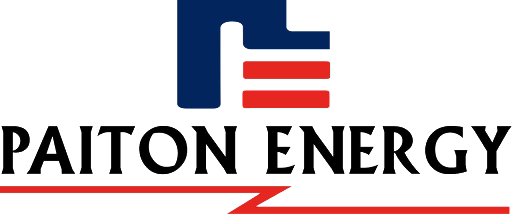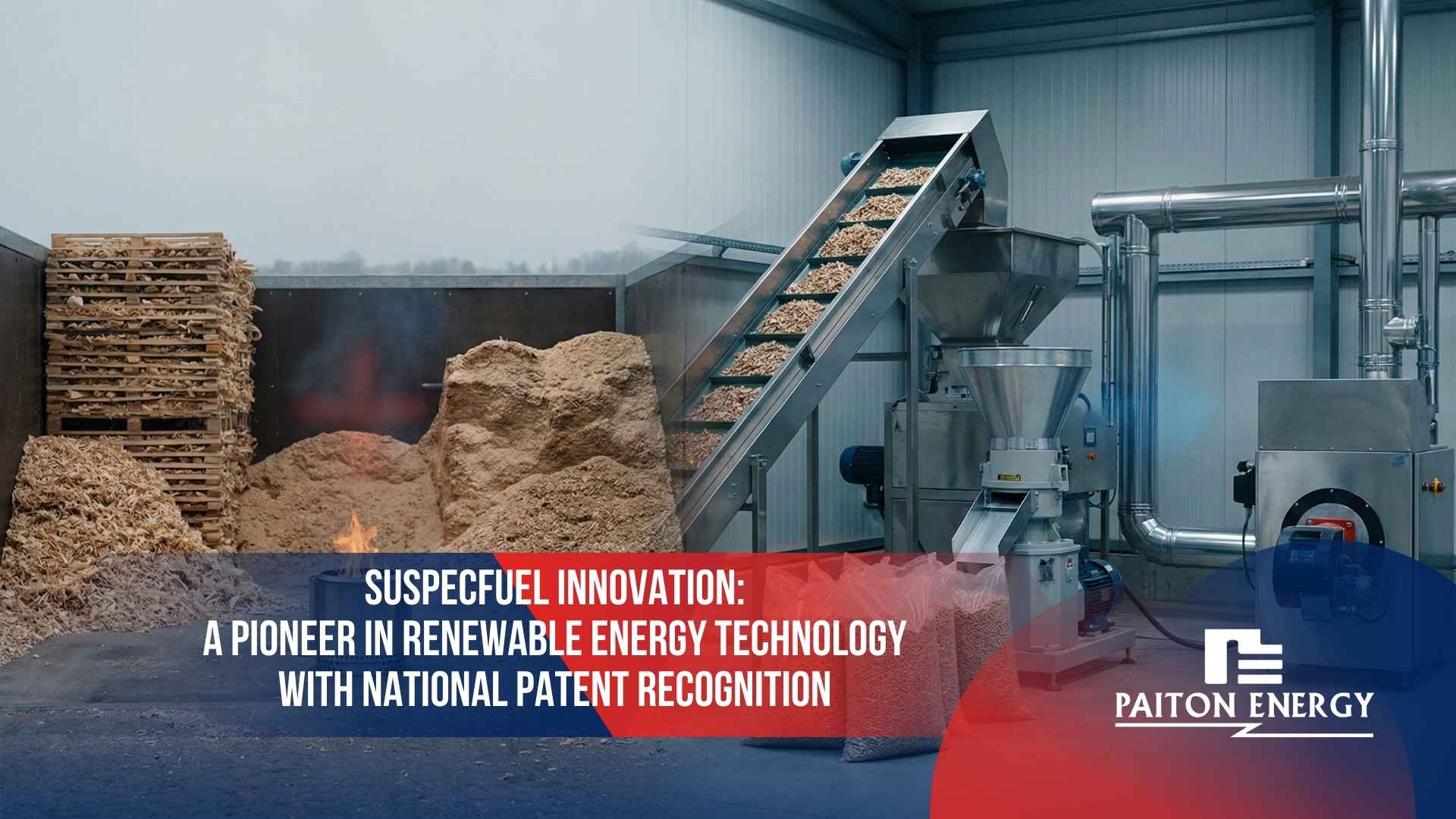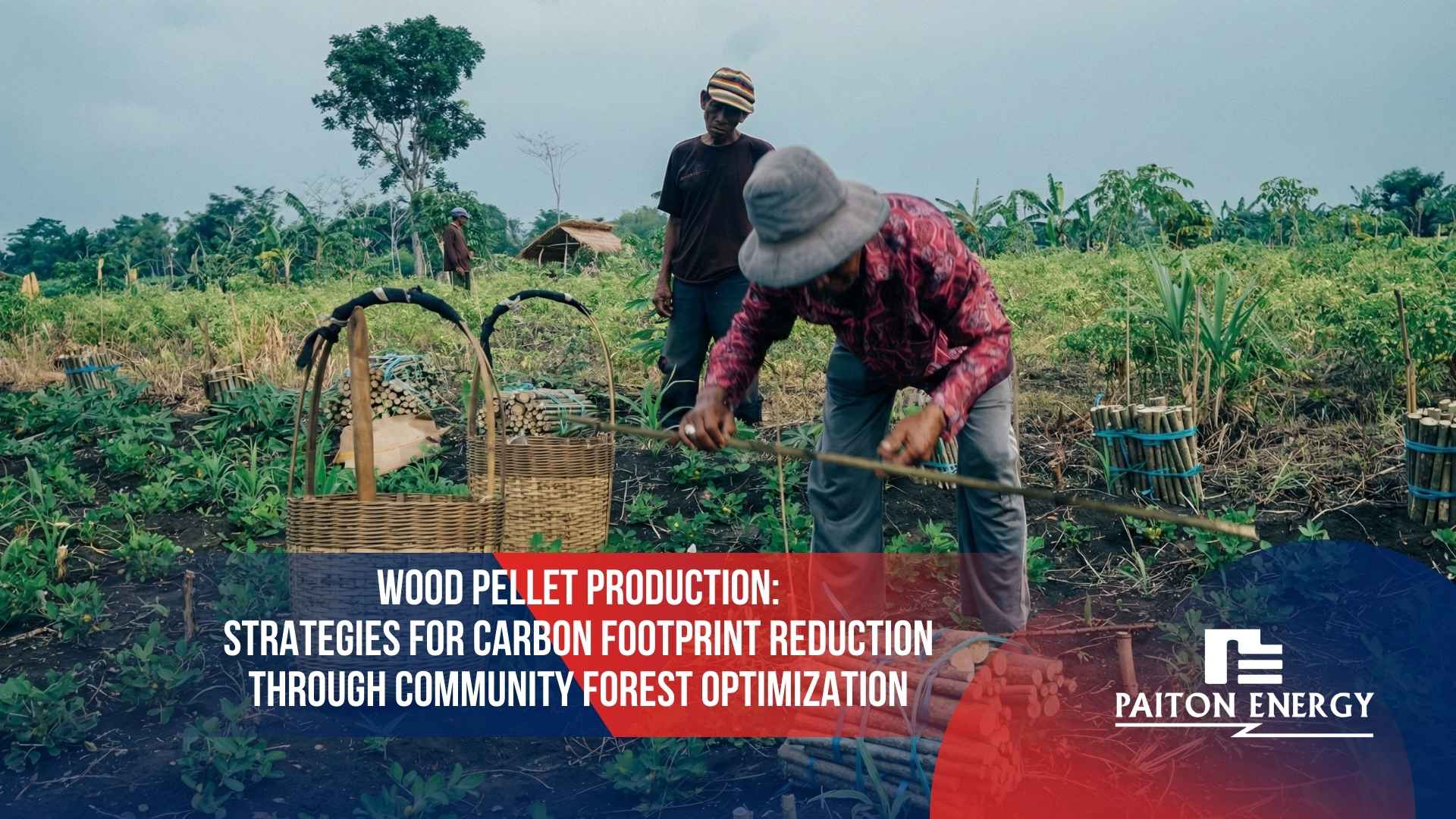Organic waste is a significant resource with great potential for conversion into clean energy. With its large population and increasing waste production, Indonesia faces serious challenges in waste management. However, hidden within these challenges lies an opportunity to utilize waste as a renewable energy source. Organic waste, in particular, is abundant, biodegradable, and can be processed into biogas or other forms of energy. Transforming waste into clean energy could serve as a strategic solution to meet energy demands while reducing environmental impact.
What is Organic Waste?
Organic waste refers to waste materials derived from natural sources, such as food scraps, leaves, animal manure, and agricultural residues. This type of waste is easily broken down by microorganisms, making it ideal for renewable energy production like biogas or compost. Effective management of organic waste not only helps reduce environmental pollution but also offers a sustainable solution to Indonesia’s growing energy needs.
Waste as an Energy Source
Urban waste, primarily consisting of organic matter, holds vast energy potential. However, its utilization remains minimal. Current data shows that installed waste-to-energy (WTE) capacity in Indonesia is only 17.6 MW, despite the national potential being estimated at 2,066 MW.
Waste can be transformed into energy using various technologies, including:
- Incineration: Utilizing heat from waste combustion to generate electricity.
- Gasification: Converting waste into synthetic gas (syngas) that can be burned for energy production.
- Anaerobic Digestion: Using microorganisms to decompose organic waste in an oxygen-free environment, producing biogas as the primary output.
Beyond electricity generation, these technologies help to reduce the volume of waste sent to landfills and lower greenhouse gas emissions.
Liquid Waste as a Renewable Energy Source
In addition to solid waste, liquid waste from households, agriculture, and industries holds significant potential as a renewable energy resource. Through anaerobic digestion, liquid waste can be converted into biogas, which serves as a substitute for fossil fuels, supports greenhouse gas reduction efforts, and provides cleaner energy options.
Benefits of utilizing liquid waste for energy include:
- Environmental Protection: Proper management of liquid waste prevents soil and water pollution.
- Job Creation: Developing liquid waste-based energy technologies creates new opportunities in the green technology sector.
- Promoting Sustainable Economic Growth: Utilizing liquid waste reduces dependency on fossil fuels and accelerates the transition to a low-carbon economy.
Challenges in Utilizing Waste for Energy
Despite its immense potential, several challenges hinder the widespread use of waste as a clean energy source:
- High Investment Costs
Waste processing technologies require substantial initial investment. Many investors remain hesitant due to a lack of assurance regarding attractive returns.
- Public Acceptance
Public education is crucial to increase acceptance of waste processing facilities. Limited understanding often poses a barrier to implementing waste-based energy projects.
- Policies and Regulations
Supportive policies, such as fiscal incentives and competitive feed-in tariffs, are needed to attract investors to waste-to-energy projects.
Opportunities to Leverage
Despite these challenges, Indonesia has great potential to capitalize on waste for energy. Steps to accelerate this transformation include:
- Advancing research and development in waste processing technologies.
- Integrating waste processing into urban management policies.
- Engaging communities and private sectors to support waste-based clean energy initiatives.
The transformation of organic and other types of waste into clean energy represents a strategic step for Indonesia in addressing environmental challenges and energy needs. With the support of technology, sound policies, and active community participation, this potential can be realized to create a cleaner and more sustainable future.
Utilizing waste not only mitigates negative environmental impacts but also unlocks new economic opportunities for society. Now is the time for Indonesia to lead the way in green energy transformation by harnessing the untapped value of waste as a precious resource.




